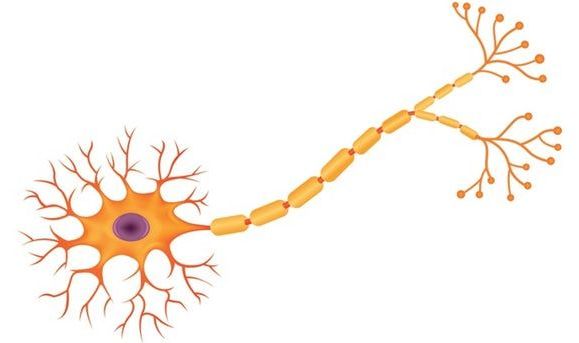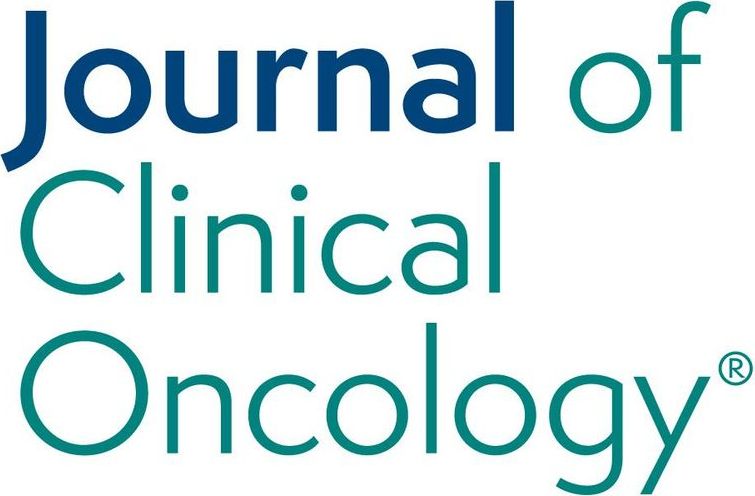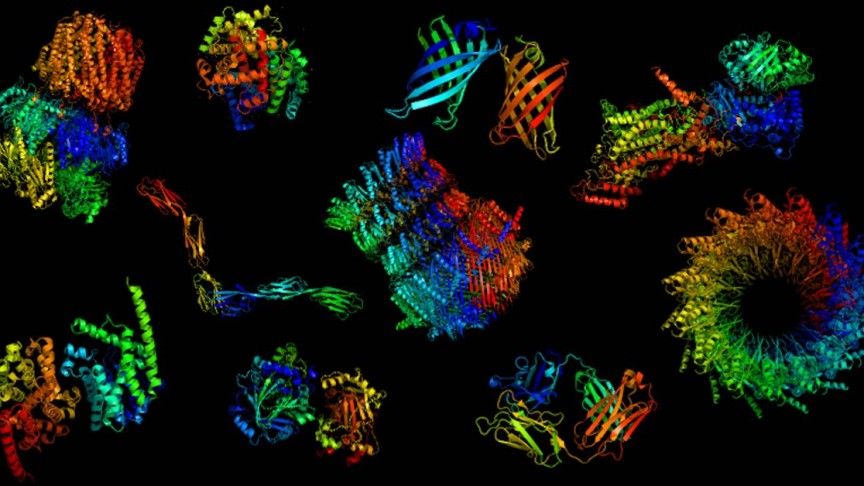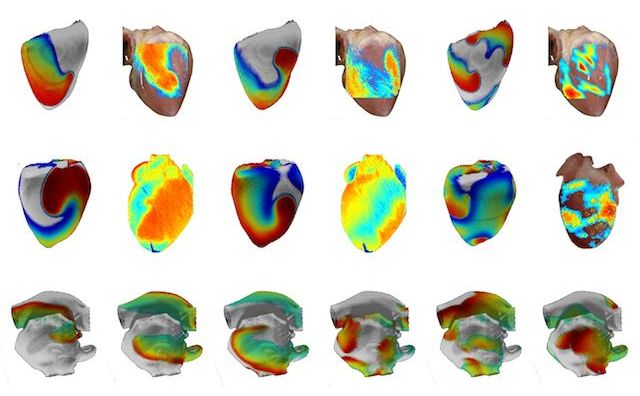Background: The medical agent #MK615 is produced from #JapaneseApricot and contains a number of cyclic triterpenes. Antitumor activity of MK615 and its additive effect when combined with gemcitabine in pancreatic cancer cell line. MIAPaCa-2 was previously reported by our group. The objective of this phase I trial was to evaluate safety and feasibility of combined MK615 and gemcitabine therapy in patients with advanced or metastatic pancreatic cancer.
Conclusions: Combined MK615 and gemcitabine therapy was well-tolerated and showed antitumor activity in patients previously treated without gemcitabine or untreated patients with advanced or metastatic pancreatic cancer. Currently, we are planning phase II trials for elderly or frail people.
510
Background: The medical agent MK615 is produced from Japanese apricot and contains a number of cyclic triterpenes. Antitumor activity of MK615 and its additive effect when combined with gemcitabine in pancreatic cancer cell line. MIAPaCa-2 was previously reported by our group. The objective of this phase I trial was to evaluate safety and feasibility of combined MK615 and gemcitabine therapy in patients with advanced or metastatic pancreatic cancer. Methods: Patients with untreated pancreatic cancer or those who underwent chemotherapy without gemcitabine were enrolled. Gemcitabine was infused at 1000 mg/m2 over 30 minutes once weekly for 3 weeks of each 28-day treatment cycle. Three packets of MK615 were orally administered daily during each 28-day treatment cycle, until any discontinuation criteria were met. If severe toxicity occurred, dose was reduced. Results: All five patients enrolled were evaluable for toxicity and response. Median age was 72 (54−79) years. Three patients had performance status (PS) 0, one had PS 1, and one PS 2. Three of five patients had been treated with chemotherapy; two with FOLFIRINOX and one with S-1. One of five patients treated had grade 4 neutropenia and two were administered granulocyte-colony stimulating factor. No patient had febrile neutropenia or adverse event leading to death. Relative dose intensity was 96.6% and 69.8% for MK615 and gemcitabine, respectively. No patients had objective response (complete response + partial response), while 2 of 5 patients (40%) had disease control (objective response + stable disease). Conclusions: Combined MK615 and gemcitabine therapy was well-tolerated and showed antitumor activity in patients previously treated without gemcitabine or untreated patients with advanced or metastatic pancreatic cancer. Currently, we are planning phase II trials for elderly or frail people.
Read more








